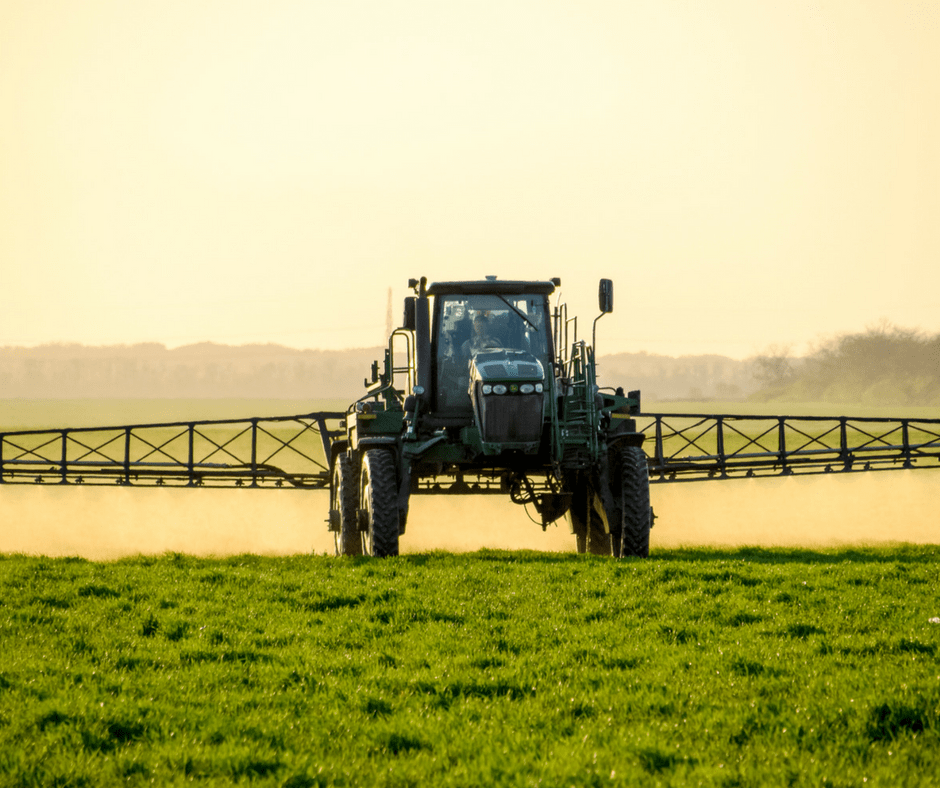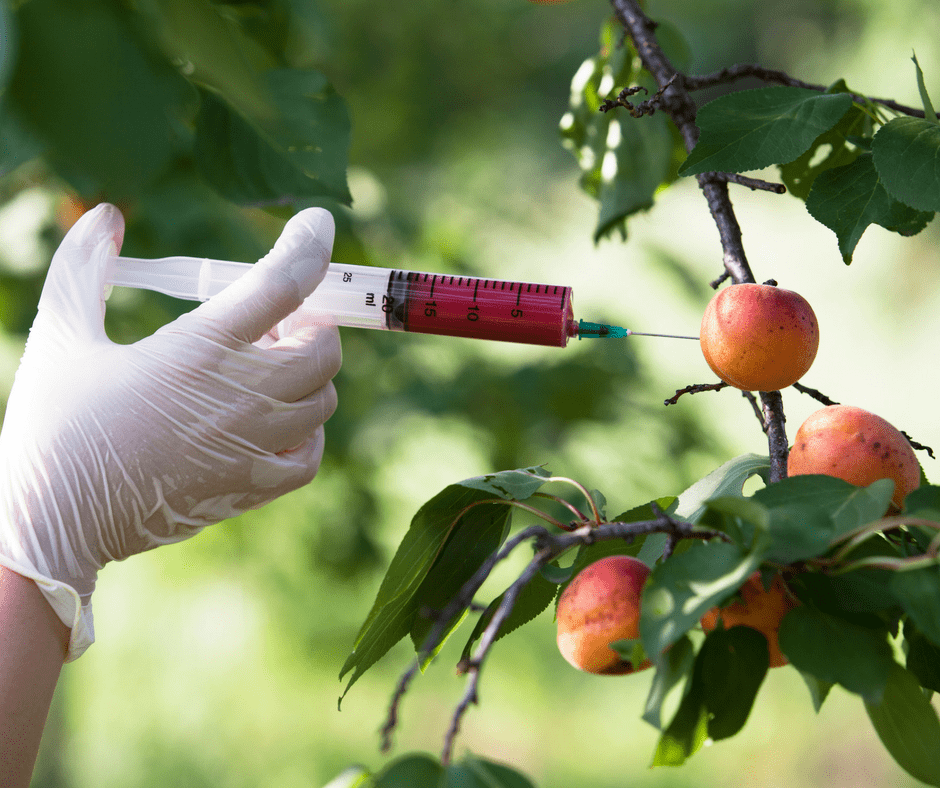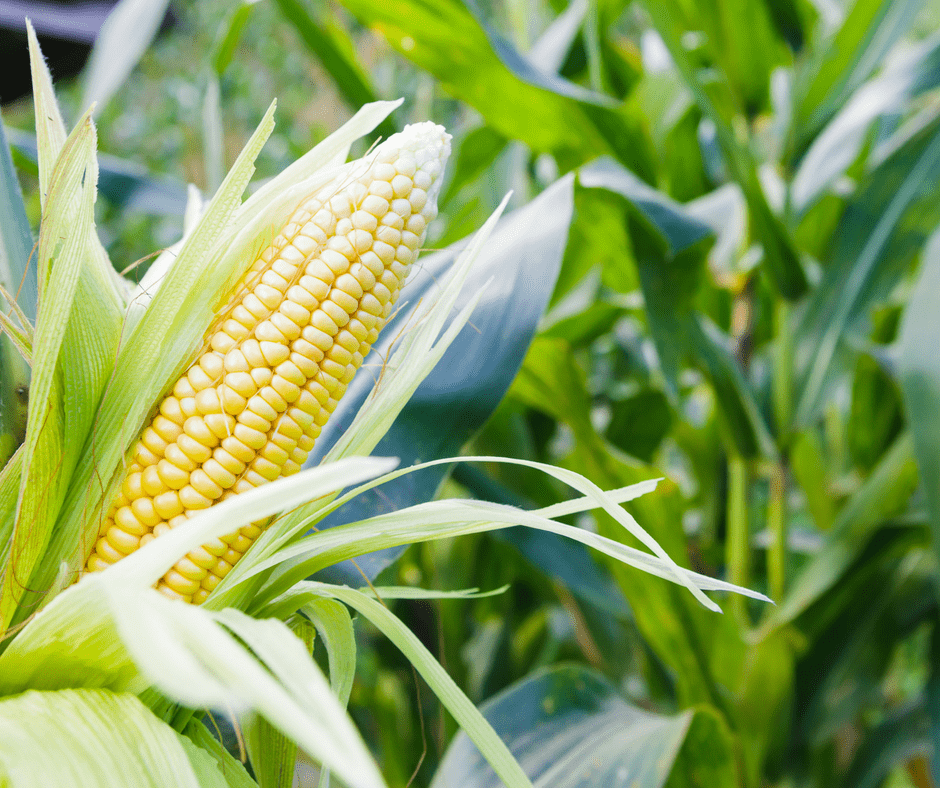In recent years, there has been a major discussion circulating regarding a controversial and evolving technology that has set the agricultural industry on a new path. Genetically Modified Organisms, or GMO’s, have become a major part of life in the United States.
They are infiltrating our diets, our personal care products, and many other aspects of our lives. Even though scientists tell us they’re not harmful and will save millions of people’s lives, many of us are still skeptical if the risks outweigh the benefits. So, are they safe, or are GMO’s bad for you?
What Are GMO’s?
To put it simply, GMOs are any organism that has been modified by removing, introducing, or replacing foreign DNA. The result is a crop that originally did not occur in nature, but now occurs due to this process of genetic modification.
The primary purpose of genetically modifying is to produce crops that grow larger, faster, and have built-in protection from diseases and pests. Also, many GMO crops that are also ‘Roundup Ready’, meaning they’re genetically modified to be able to withstand large amounts of the herbicide glyphosate (for killing the weeds around the crop), and not die from it.
Genetic modification can also make these plants more resilient in a wider range of climates, and make varieties of fruits and vegetables a more viable food option for harsher or more extreme climates, in addition to sudden changes in weather like droughts or flooding. The general result, is a hardier plant, less susceptible to the environment around it.
Are GMO’s Bad for Farming?
However, it’s not all sunshine and rainbows when it comes to GMO’s. The changes made to these seeds make them a patented intellectual property that is owned by the company which produces them.
That gives the company which produces them the right to dictate how their property may be used, where it can be sold, and which products can be used on the crops without causing damage or loss.
It also prohibits farmers from producing their own seed from those crops, whether intentionally or accidentally when nearby GMO farms cross-pollinate an innocent farmer’s crop. When this happens, not only does the farmer lose their whole crop because of the patent, but these GMO crops also choke out other strains of plants.
Are GMO’s Bad for Us?
When it comes to the discussion on if GMO’s are bad for our health, there’s only one real answer; we don’t know.
We can speculate all we want, and honestly, that’s what everyone seems to be doing. The bottom line is that genetically modified crops have only been around since the 90’s, and that’s not enough time for us to say for sure whether or not they are negatively affecting our health.
What we do know is that these crops are hardier, which makes them stronger. Can we digest them as easily as natural crops?
We know that these crops exist in our world as something that was not created by nature. Should we be eating things that were not intended to exist, let alone be ingested?
We know that the ‘Roundup Ready’ modified plants are doused in glyphosate without it killing them. But the glyphosate and other pesticides can easily harm us, especially those who have genetic polymorphisms that make it difficult for us to detoxify herbicides & pesticides from our bodies.
There’s also been concern about the massive amount of pesticides used on these GMO crops creating “superweeds” that are harder for farmers to kill and require more pesticides to manage.
The bottom line is that we don’t have enough research proving to us that they are unequivocally safe. This is why there are large amounts of the population requesting GMO labeling, so we can choose whether or not we want to buy them.
There are many concerned consumers that would say the lack of transparency in GMO labeling inhibits our ability to choose not to eat them. Companies in the business of producing GMO crops have done a lot of work to hide which products use these products. This is why there’s currently a fight to make GMO labeling mandatory.
What are your thoughts; are GMO’s bad for us?







Excellently written! I personally try to ingest as little GMOs as possible not for the GMOs but because I have terrible allergies to the chemicals that are used…”roundup” if you will…I agree, that the short time they have been used is not long enough to tell us how GMOs on their own affect us but I think it doesn’t take much to realize the chemicals that follow are the worst thing to happen to our food in history! No wonder Gluten intolerance and various other chemical allergies have taken a massive spike in the last 20 years!!
So true! What we know is enough, we avoid them too!